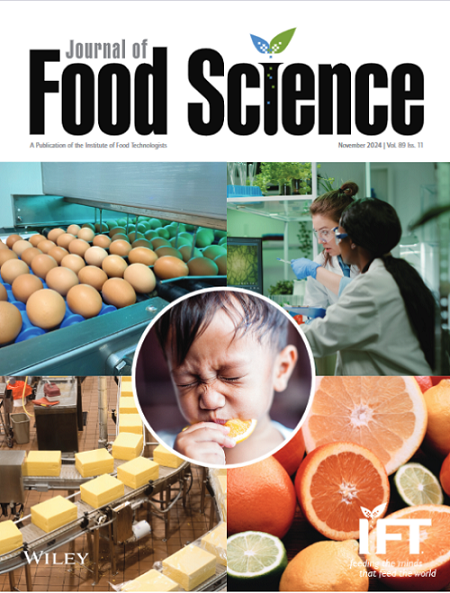Macauba (Acrocomia aculeata) is a Brazilian palm whose pulp is rich in carotenoids and holds potential for the development of healthy foods. This study presents an innovative approach utilizing ethyl acetate, a solvent recognized as generally safe (GRAS), in conjunction with ultrasound technology, to optimize the extraction of carotenoids from both macauba pulp (MP) and its pulp press-cake (PPC). The effects of varying time and temperature parameters (5–30 min at 25–60°C) alongside ultrasound conditions (25 and 60°C at frequencies of 25 and 45 kHz) on the extraction process were evaluated, with total carotenoid content quantified via spectrophotometry. For MP, the optimal extraction conditions were 60°C for 30 min, yielding 219.33 µg/g of carotenoids, while ultrasound at 45 kHz, under the same time/temperature, enhanced the extraction efficiency to 277.55 µg/g. In the case of PPC, ultrasound extraction achieved a carotenoid content of 124.23 µg/g. Overall, the findings indicate that elevating the temperature to 60°C favored the extraction process, while ultrasound demonstrated effective even under milder conditions. This study emphasizes the potential of ethyl acetate as a sustainable alternative to traditional toxic solvents, aligning with the growing demand for safer and more environmentally friendly practices in the extraction of bioactive compounds.
The sustainable extraction of carotenoids from macauba, a non-conventional source, shows great potential for producing natural colorants and antioxidants in the food industry. The efficient use of ultrasound in the extraction process highlights the potential of this technology for the industry, providing an eco-friendly and effective alternative to conventional methods.


